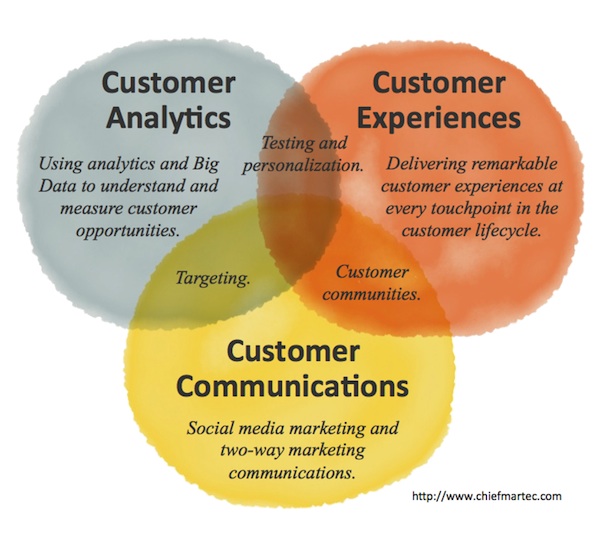If you think there is too much hype, and gratuitous use of the term, big data, you haven’t seen anything yet. But don’t make the mistake of confusing the hype with how fundamental and how transformational big data is and will certainly be. Just turn your hype filter to high and learn enough about it to make your own judgements about how it will affect your business and whether it is something you need to do something about now, or monitor for future planning.
As I said yesterday in a comment on a post by Sybase CTO Irfan Khan Gartner dead wrong about big data hype cycle (with a response from Gartner):
However Gartner’s Hype Cycle is interpreted I think it is safe to say that most, including many analysts, underestimate how fundamental and how far-reaching big data will be. How rapidly its use will evolve, and in which applications and industries first, is a more difficult and interesting discussion. The twin brakes of a shortage of qualified data scientist skills and the costs and complexities of IT infrastructure changes will surely slow things down and cause disillusionment. On the other hand we have all been surprised by how fast some other fundamental changes have ramped up, and BDaaS (Big Data as a Service) will certainly help accelerate things. There is also a lot more big data development and deployment activity going on than many realize – it is a competitive advantage after all.
There is also a third “brake” which is all the uncertainty around privacy issues. There is already a lot of consumer data that is not being fully used because of fear of customer backlash or new regulation and, one hopes, because of a degree of respect for consumer’s privacy.
Rob Rose expanded on some specific concerns of marketers in a recent post Big Data & Marketing – It’s A Trap!, including the lack of resources for interpreting even the current mostly website analytics data marketers already have. It’s true, and not just for smaller companies. In addition there are at least four requirements for making big data analytics accessible to marketers that are largely beyond the reach of most current organizations.
Partly to the rescue is Big Data as a Service BDaaS (one of the more fun-sounding acronyms). BDaaS is going to be a huge business. All the big technology infrastructure firms are getting involved and all the analytics vendors will all have cloud and big data services. There are also many new companies including some surprises. For example, after developing its own Hadoop-based big data analytics expertise Sears created subsidiary MetaScale to provide BDaaS to other enterprises. Ajay Agarwal from Bain Capital Ventures predicts that the confluence of big data and marketing will lead to several new multi-billion dollar companies and I think he is right.
But while big data is important for the marketers, content managers, and IT who attend our conference because of the potential for enhanced predictive analytics and content marketing. The reach and value of big data applications is far broader than marketing – executives need to understand the potential for new efficiencies, products and businesses. The well-known McKinsey report “Big Data: The Next Frontier for Innovation, Competition, and Productivity” (free) is a good place to start. If you are in the information business I focus on that in my report Big-Data: Big Deal or Just Big Buzz? (not free).
Big data presentations at Gilbane Boston
This year we have six presentations on big data, two devoted to big data and marketing and all chosen with an eye towards the needs of our audience of marketers, content strategists, and IT. You can find out more about these presentations, including their date and time on the conference program.
Keynote
Bill Simmons, CTO, DataXu
Why Marketing Needs Big Data
Main Conference Presentations
Tony Jewitt, VP Big Data Solutions at Avalon Consulting, LLC
“Big Data” 101 for Business
Bryan Bell, Vice President, Enterprise Solutions, Expert System
Semantics and the Big Data Opportunity
Brian Courtney, General Manager of Operations Data Management, GE Intelligent Platforms
Leveraging Big Data Analytics
Darren Guarnaccia, Senior VP, Product Marketing, Sitecore
Big Data: What’s the Promise and Reality for Marketers?
Stefan Andreasen, Founder and Chief Technology Officer, Kapow Software
Big Data: Black Hole or Strategic Value?
Update: There is now a video of me being interviewed on big data by CMS-Connected.



